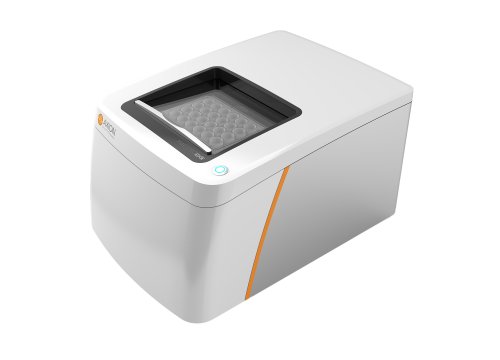Li Q, Feng Y, Xue Y, Zhan X, Fu Y, Gui G, Zhou W, Richard JP, Taga A, Li P, Mao X, Maragakis NJ, Ying M.
Molecular Neurodegeneration, 2022.
Researchers generate an iPSC-based model for drug screening and characterize neuronal function using Axion’s MEA platform.
Developing effective treatments for amyotrophic lateral sclerosis (ALS) and other motor-neuron associated neurodegenerative diseases has been challenging and scientists do not fully understand the molecular mechanisms of FDA-approved ALS medications like edaravone. In this study, researchers establish a method using synthetic mRNAs to generate induced pluripotent stem cell (iPSC)-derived motor neurons from people with ALS for the purpose of high-throughput drug screening and characterization of the drug edaravone.
To explore spontaneous neuronal activity in the iPSCs exposed to edaravone and examine the neuroprotective effects of the drug in vitro, the scientists used Axion’s noninvasive, label-free Maestro multielectrode array (MEA) platform. According to the authors, compared to other methods, the MEA assay may “more closely recapitulate a physiologically relevant condition of oxidative stress and neuronal dysfunction commonly seen during early ALS pathogenesis.” Overall, the study findings provide a robust method to facilitate iPSC differentiation and disease modeling—discoveries that may lead to the development of better therapies for ALS and other neurodegenerative diseases.


